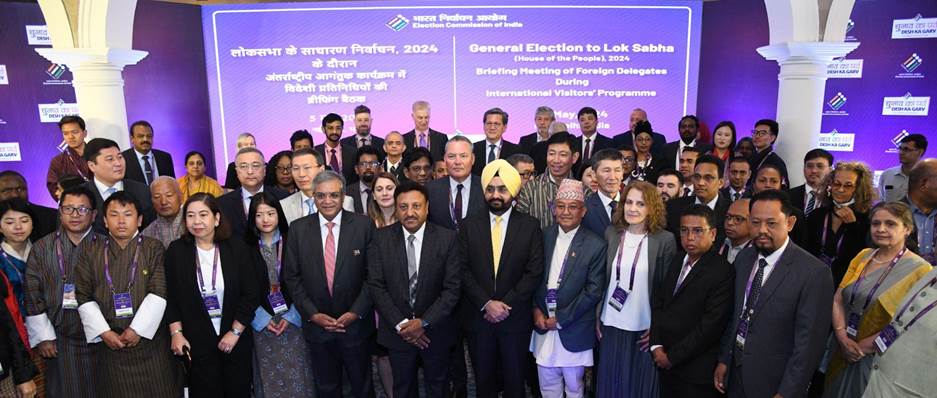India faces mounting solar waste challenge, recycling could enable circular economy
Author: BI Bureau

New Delhi: A new study conducted by the Ministry of New and Renewable Energy in collaboration with the Council on Energy, Environment and Water (CEEW) has shed light on a looming crisis in India's renewable energy sector. The study predicts that by 2030, India could be grappling with a staggering 600 Kilotonnes of solar waste, with five states – Rajasthan, Gujarat, Karnataka, Andhra Pradesh and Tamil Nadu – contributing to a large chunk of 67% of this waste.
However, the silver lining of this whopping waste is that it can be a landmine of precious metals that may enable a circular economy in India.
Currently boasting an installed capacity of 66.7 GW as of FY 23, India has already generated 100 Kilotonnes of solar waste, a figure projected to rise to 340 Kilotonnes by the end of the decade.
This waste comprises critical minerals such as Silicon, Silver, Cadium and Tellurium, materials vital for India's mineral security. Recycling this waste will not only mitigate environmental concerns but also reduces import dependency, ensuring a robust supply chain for essential minerals.
The study highlights that the trajectory of solar waste is set to escalate, reaching an alarming 19,000 Kilotonnes by 2050. While new capacities will account for a significant portion of this waste, representing 77%, it also presents an opportunity for India to establish itself as a leading hub for the circular economy in the solar industry.
With ambitious plans to amass 292 Gigawatts of solar capacity by 2030, effective management of solar photovoltaic (PV) waste becomes imperative for India's environmental, economic, and social sustainability.
Government initiatives and the way forward
In response to this pressing challenge, the Indian government has already initiated measures to address solar waste management. Last year, amendments were made to the E-waste Management Rules, 2022, bringing solar photovoltaic cells, panels, and modules under its purview. Producers are now mandated to manage their waste under the Extended Producer Responsibility (EPR) framework.
Arunabha Ghosh, CEO of CEEW, emphasized the need for proactive measures, framing solar waste management not just as an environmental imperative but as a strategic necessity for ensuring energy security and fostering a circular economy.
Government's renewable energy plan
The government's emphasis on renewable energy has seen sharp growth in installed capacity, increasing from 76.37 GW in March 2014 to 178.98 GW in October 2023. This growth is facilitated by a series of measures including permitting Foreign Direct Investment (FDI) up to 100%, waivers on inter-state transmission charges for solar and wind power, and the establishment of Ultra Mega Renewable Energy Parks.
Furthermore, schemes such as the Pradhan Mantri Kisan Urja Suraksha evam Utthaan Mahabhiyan (PM-KUSUM) and Solar Rooftop Phase II aim to incentivize renewable energy adoption at various levels. The government's commitment to the development of solar parks underscores its dedication to expanding renewable energy infrastructure.



